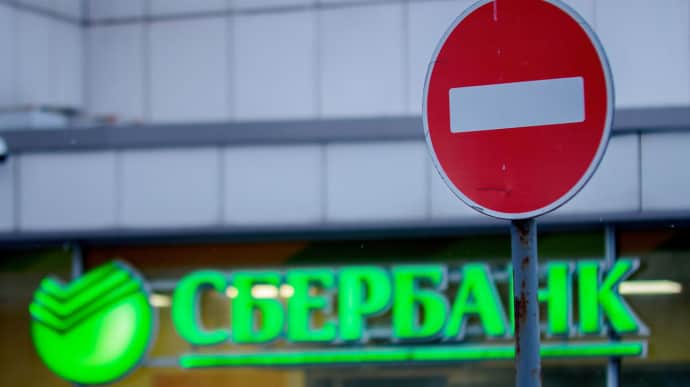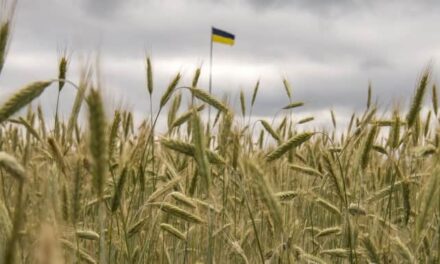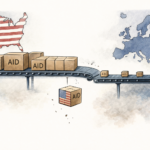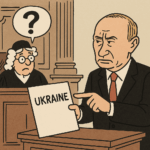In a significant shift, Russian state-owned banks have begun opening branches in Ukraine’s occupied territories, marking an expanded presence in regions under Russian control. According to the Financial Times, this development follows years of hesitation by Russian businesses to operate openly in areas such as Crimea, Donetsk, and Luhansk due to fears of Western sanctions and the challenges of conducting business in a conflict zone.
The banks at the forefront of this expansion are two of Russia’s largest state creditors, Sberbank and VTB, both sanctioned by Western countries since 2022. Despite the risks, these institutions are establishing a network of branches across eastern and southern Ukraine, including areas like Mariupol and Luhansk.
Sberbank has been especially active, having installed 130 ATMs and opened 48 full-scale departments in the newly occupied territories. The bank has also returned to Crimea, opening a branch last year after ceasing operations in 2014. In Mariupol, Sberbank has introduced several “mobile offices,” providing limited banking services to residents in the war-torn city. VTB, meanwhile, plans to open established offices in Mariupol by the end of the year, with its CEO, Andrei Kostin, inaugurating the first branch in Luhansk this past July.
Promsvyazbank, another Russian financial giant, was one of the first to enter these newly-occupied regions, and it now operates around 400 branches across Donetsk and Luhansk.
While some businesses have viewed expansion into these territories as too risky, citing low purchasing power and a population largely composed of pensioners and state workers, others see it as an opportunity to display patriotism. For instance, the Black Star Burger chain, co-owned by pro-Kremlin rapper Timati, recently announced plans to open restaurants in Mariupol and Kherson, further cementing Russia’s hold on the region.
This move by Russian state-owned banks symbolizes a deeper entrenchment of Russian influence in Ukraine’s occupied territories, even as international sanctions and the conflict continue to weigh heavily on economic activity. The banking sector’s expansion mirrors other efforts by Russian businesses to integrate the occupied regions into their economy, including the recent acquisition of rights to the “Melitopol cherry” brand by Russian occupation authorities.
As these developments unfold, the long-term impacts on the region’s economy and the broader geopolitical situation remain to be seen. However, Russia’s banking push signals a clear intent to solidify its control over these territories, despite the substantial risks involved.
Read more at Ukrainska Pravda.












